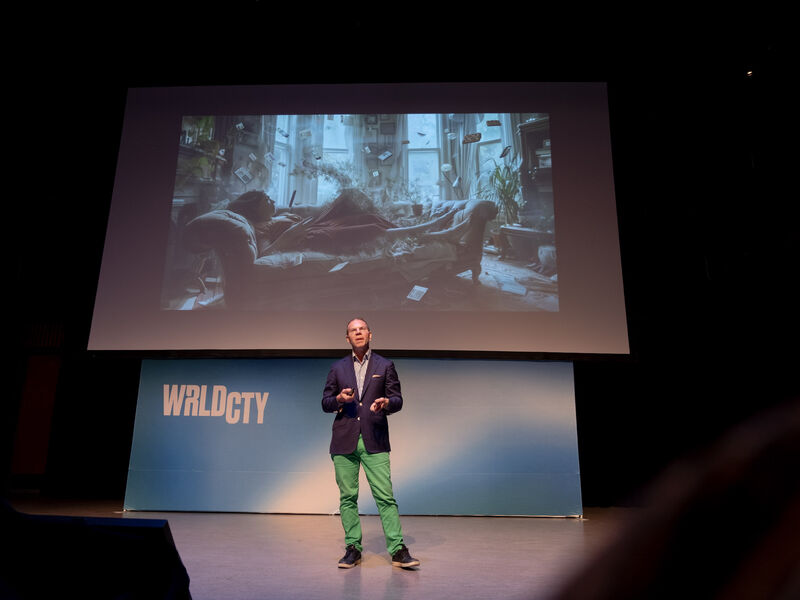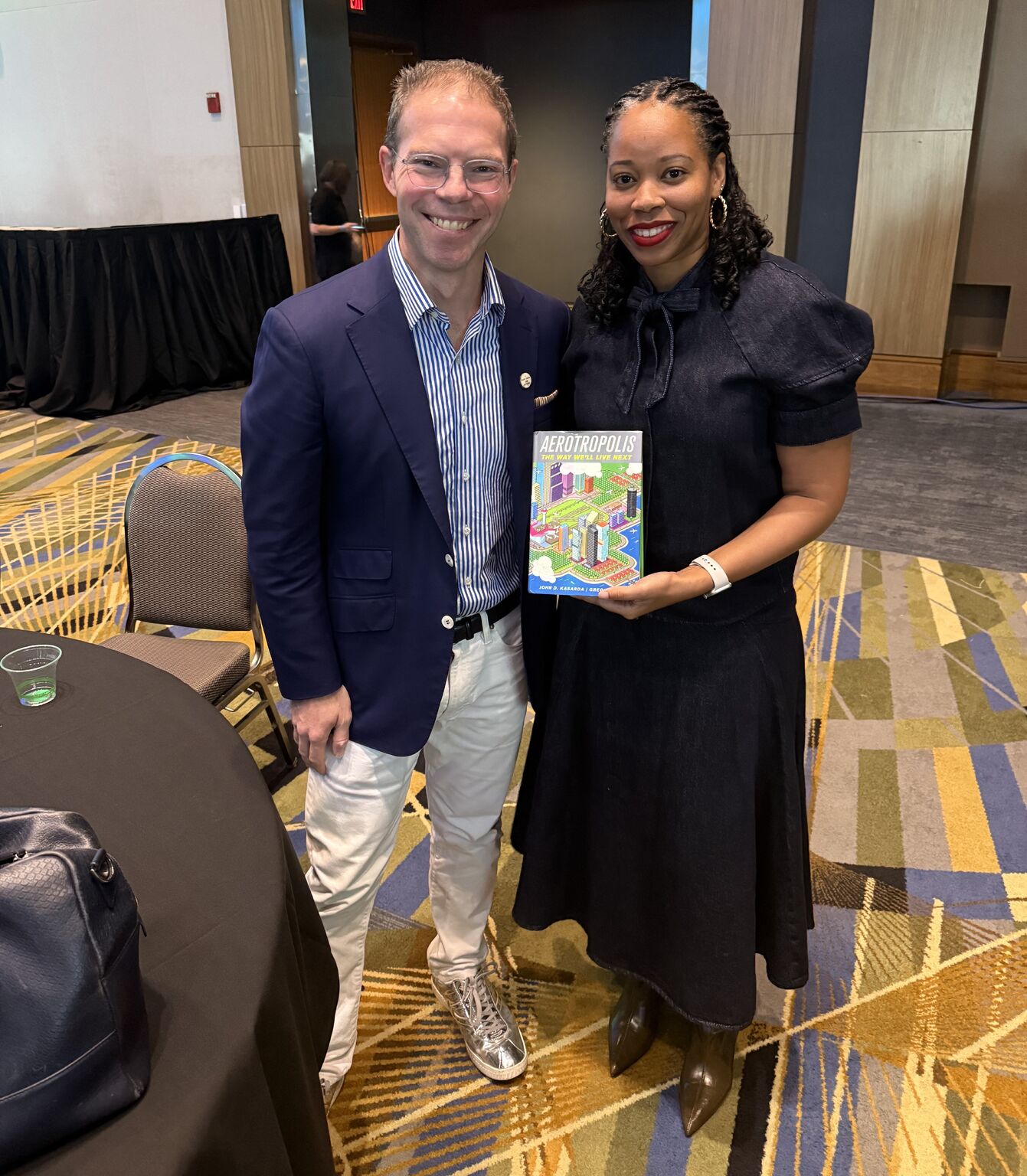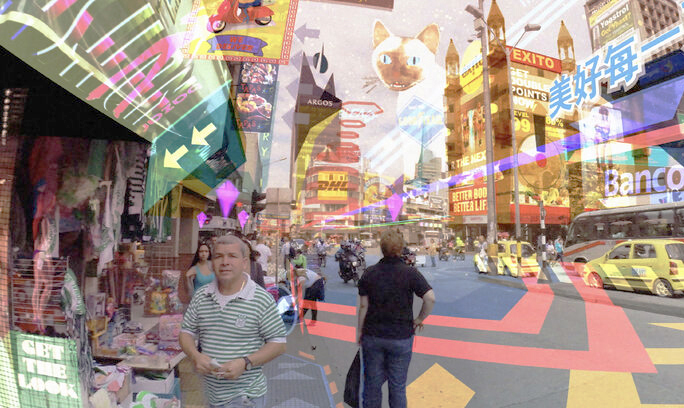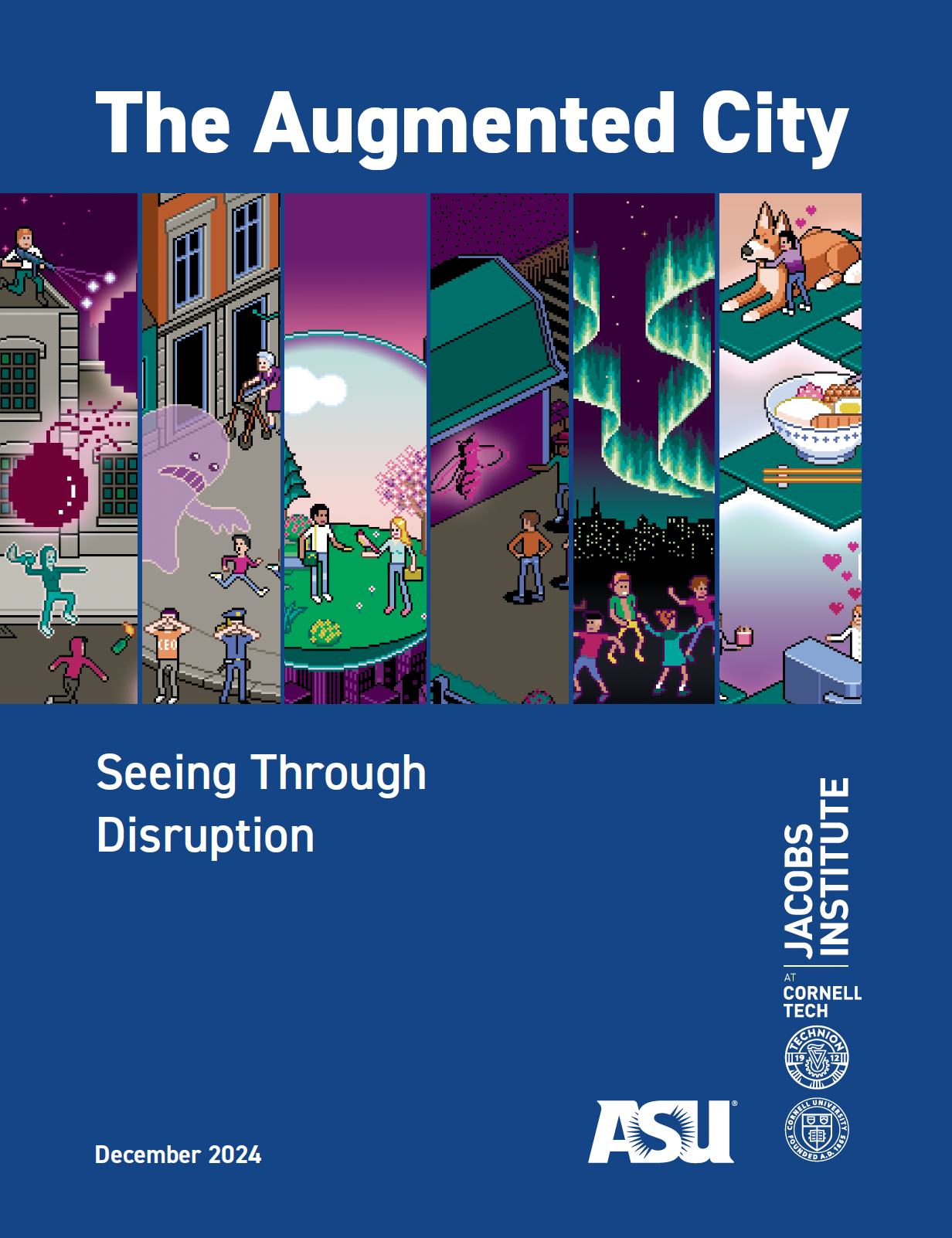GREG LINDSAY
GREG
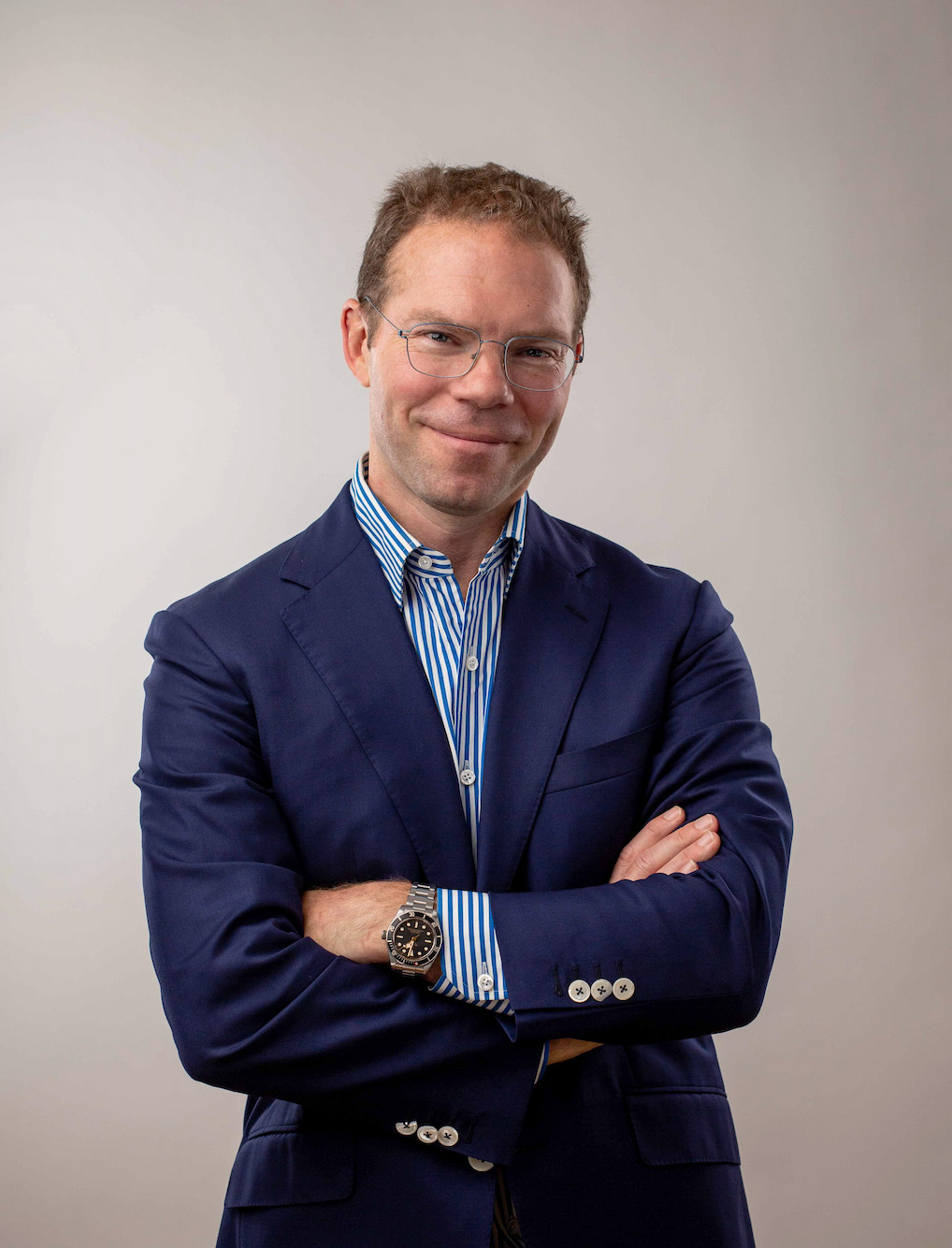
ABOUT
Greg Lindsay is a generalist, urbanist, futurist, and speaker
He is a non-resident senior fellow of MIT’s Future Urban Collectives Lab, Arizona State University’s Threatcasting Lab, and the Atlantic Council’s GeoStrategy Initiative. He was the founding chief communications officer of AlphaGeo where he remains a senior advisor. Most recently, he was a 2022–2023 urban tech fellow at Cornell Tech’s Jacobs Institute, where he explored the implications of AI and augmented reality at urban scale.
His past speaking engagements and events include the Venice Architecture Biennale, Aspen Ideas Festival, Civic I/O summit at SXSW, the Dubai Business Forum, the World Economic Forum, and La Conférence de Montréal, among others.
SPEAKING TOPICS
The way we’ll live next in a New/Post/Never-Normal world
Looking for a speaker who can help you and your organization make sense of the New/Post/Never-Normal? Greg Lindsay regularly speaks to some of the world’s most innovative organizations about the future of cities, climate, work, AI, and the future of the future itself. Below is a short list of his speaking topics, and here are the details. If any pique your interest, email him. After all, there’s no time to think about the future like the present.
Read more about topics
—
Topics
THE WAY WE’LL LIVE NEXT
The built world implications of our
never-normal landscape.
AUTONOMOUS EVERYTHING
AI, the future, and what we
can do about it.
WHERE WILL YOU LIVE IN 2050?
Why and where a warming
world may still have shelter for us.
HOW TO WORK, TOGETHER
New forms of collaboration
in a world in which corporate silos
have cracked wide open.
WHERE THE ROBOT MEETS
THE ROAD
A future of things that drive and fly
and think for themselves.
ENGINEERING SERENDIPITY
How do we discover unknown
knowns — the things and people we
don’t know we know?
The built world implications of our
never-normal landscape.
AUTONOMOUS EVERYTHING
AI, the future, and what we
can do about it.
WHERE WILL YOU LIVE IN 2050?
Why and where a warming
world may still have shelter for us.
HOW TO WORK, TOGETHER
New forms of collaboration
in a world in which corporate silos
have cracked wide open.
WHERE THE ROBOT MEETS
THE ROAD
A future of things that drive and fly
and think for themselves.
ENGINEERING SERENDIPITY
How do we discover unknown
knowns — the things and people we
don’t know we know?
GREG’S
SPEAKING TOPICS


